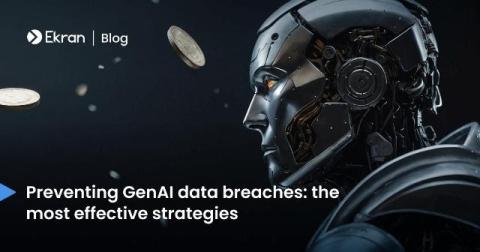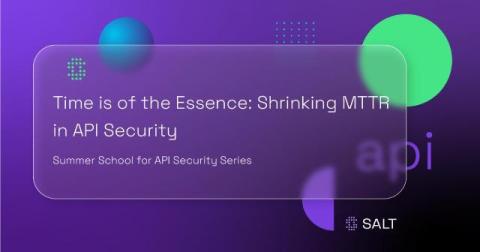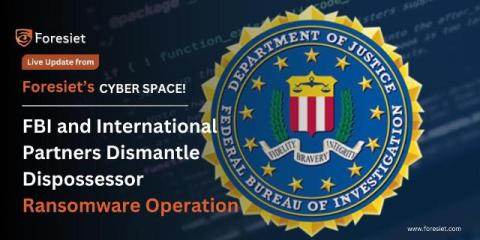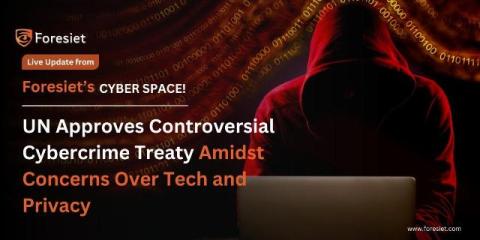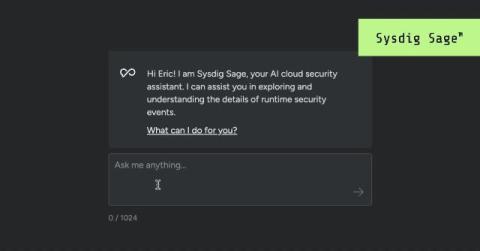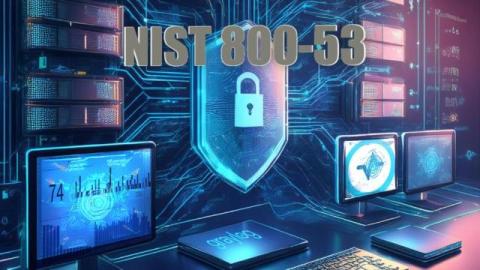Top 7 Practices to Prevent Data Leakage through ChatGPT
Generative AI (GenAI) tools like ChatGPT have already become indispensable across organizations worldwide. CEOs are particularly enthusiastic about GenAI’s ability to let employees “do more with less”. According to the McKinsey Global Survey on the State of AI in 2024, 65% of organizations already use GenAI tools extensively, and Gartner forecasts that this number will reach 80% by 2026.


